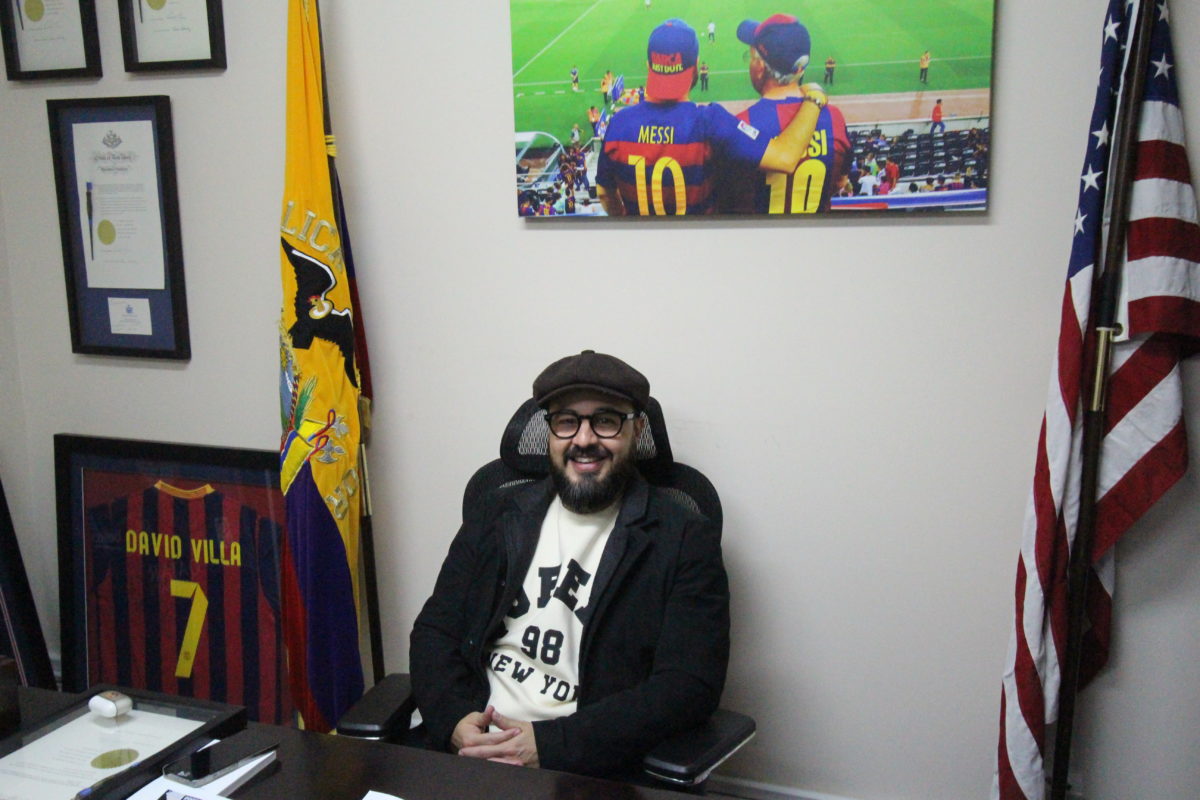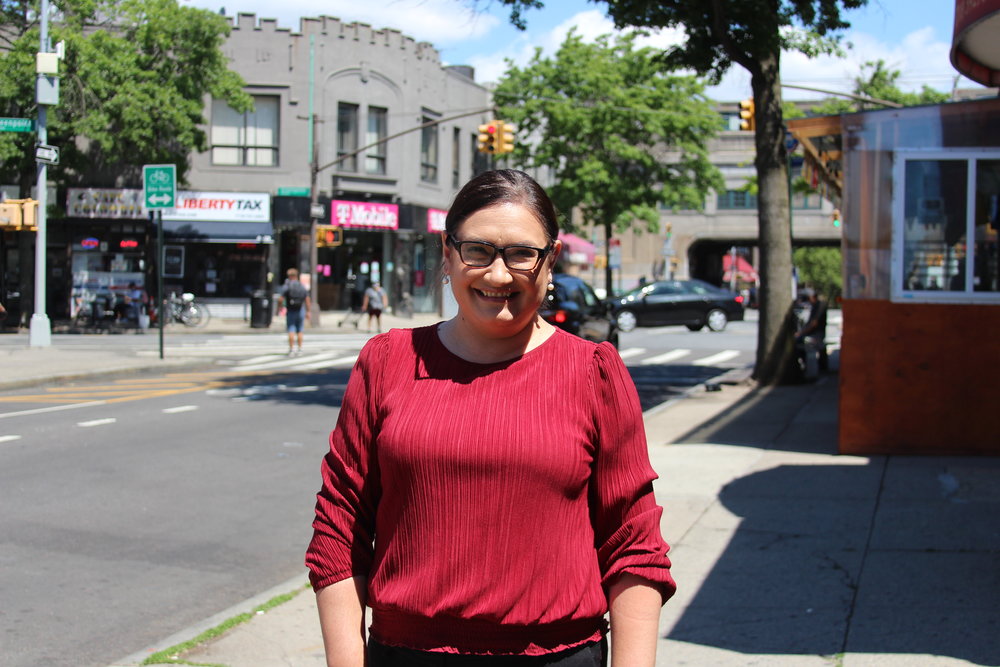Exclusive: Moya’s Moment for Queens
Sealing the Deal on Willets Point Stadium
By Matthew Fischetti
mfischetti@queensledger.com
In the 1920s, F. Scott Fitzgerald looked at the industrial section of Queens known as Willets Point and saw the Valley of Ashes. But when Councilman Francisco Moya looked at the cadre of auto body shops, he saw something else: an opportunity.
Moya, a 48-year-old native of Corona, was first elected to the state assembly in 2011. One of the first things he did in office — before even receiving official stationery — was compile a list of five things he wanted to accomplish with his chief of staff. Near the top of that list was bringing a soccer team to New York City.
A decade later, Moya can cross that goal off his list. On November 16, Mayor Eric Adams, Moya, and Queens Borough President Donovan Richards announced that the New York City Football Club will privately finance a new 25,000 seat stadium with 2,500 affordable homes (with no market rate components), a 650-seat school, and a 250-room hotel to boot. The project is estimated by the mayor’s office to generate $6.1 billion in economic impact over the next 30 years, creating 14,200 construction jobs and 1,550 permanent ones.
This hasn’t been the first time a politician has tried to redevelop the area. Bloomberg successfully passed a rezoning that would have brought a mall but the development failed after legal challenges.
Moya is a certified football fanatic: his office is adorned with signed jerseys encased in frames, soccer balls sit on his couches and a big photo of him and his father at a Barcelona match hangs above his head.
In an interview, Moya emphasized that having the right partners were instrumental in accomplishing such a deal.
“We looked at just getting the right partners with NYCFC, who basically came in and shared the same idea in philosophy of, ‘we want to build a neighborhood.’ It’s just not a soccer stadium. It’s not going to be just an isolated arena somewhere where people just go in and come out of. For me, it was always about making sure that if we were going to partner up, these were the specific things that I needed to see up front from someone before we can even proceed,” he said.
Moya highlighted the impact that Manchester City, whose owners also own New York City Football Club, had on the dying coal town as a reason for the partnership.
“When City Football Club came in, they built an entire city around it. And they kind of did a similar model that I’m presenting here,” Moya said. “I think that whenever you can find someone that says we share your vision of putting housing first, we share your vision of creating the same type of atmosphere that we have in Manchester. It made it so much easier to move this along.”
The new football stadium will have union apprentice programs and opportunities for CUNY students to use the facilities in their studies.
Moya also emphasized that the cleaning up of contaminated soil that started last year was key to getting the deal done.
“In life, everything’s about the timing. And I think we kind of hit that moment where just everything started coming together. The new administration coming in. The advanced stages already applied what we’re doing in the development of the first part of Willets Point. The fact that they saw I had this vision, and bringing them here to the borough that lives and breathes this sport like none other,” Moya said. “You walk anywhere and if it has a patch of grass in Corona, Queens – somebody’s playing soccer.”
The stadium is projected to open in 2027 following a ULURP process, while construction on the first housing units will begin in 2023.





